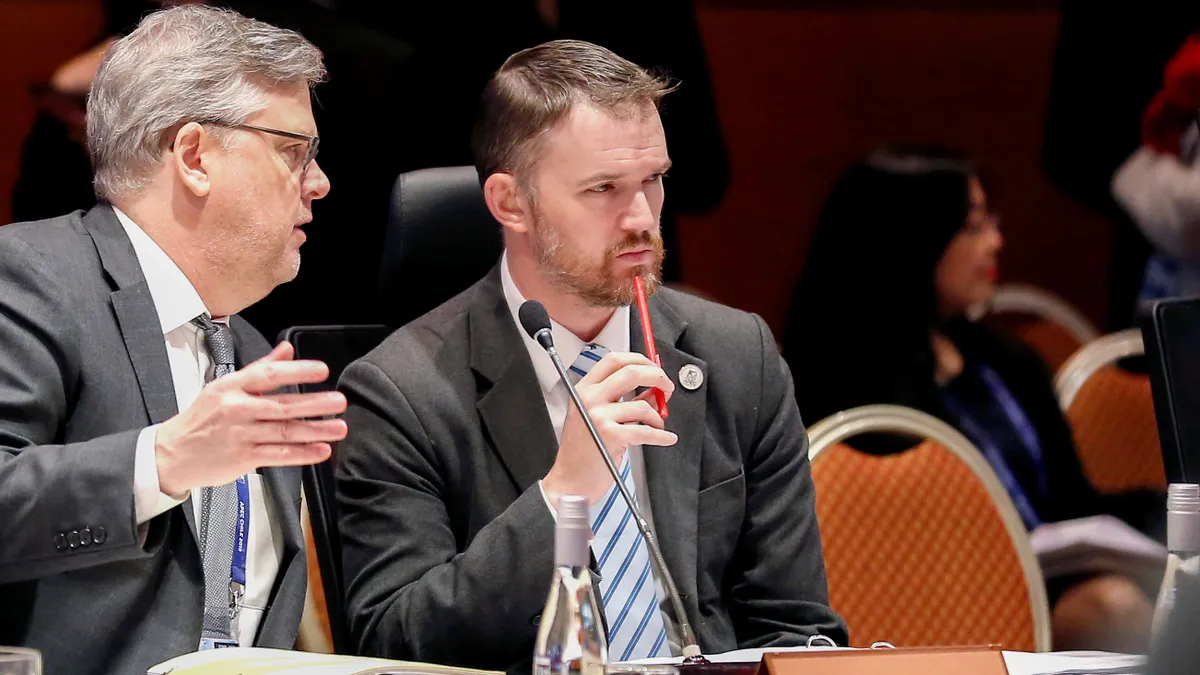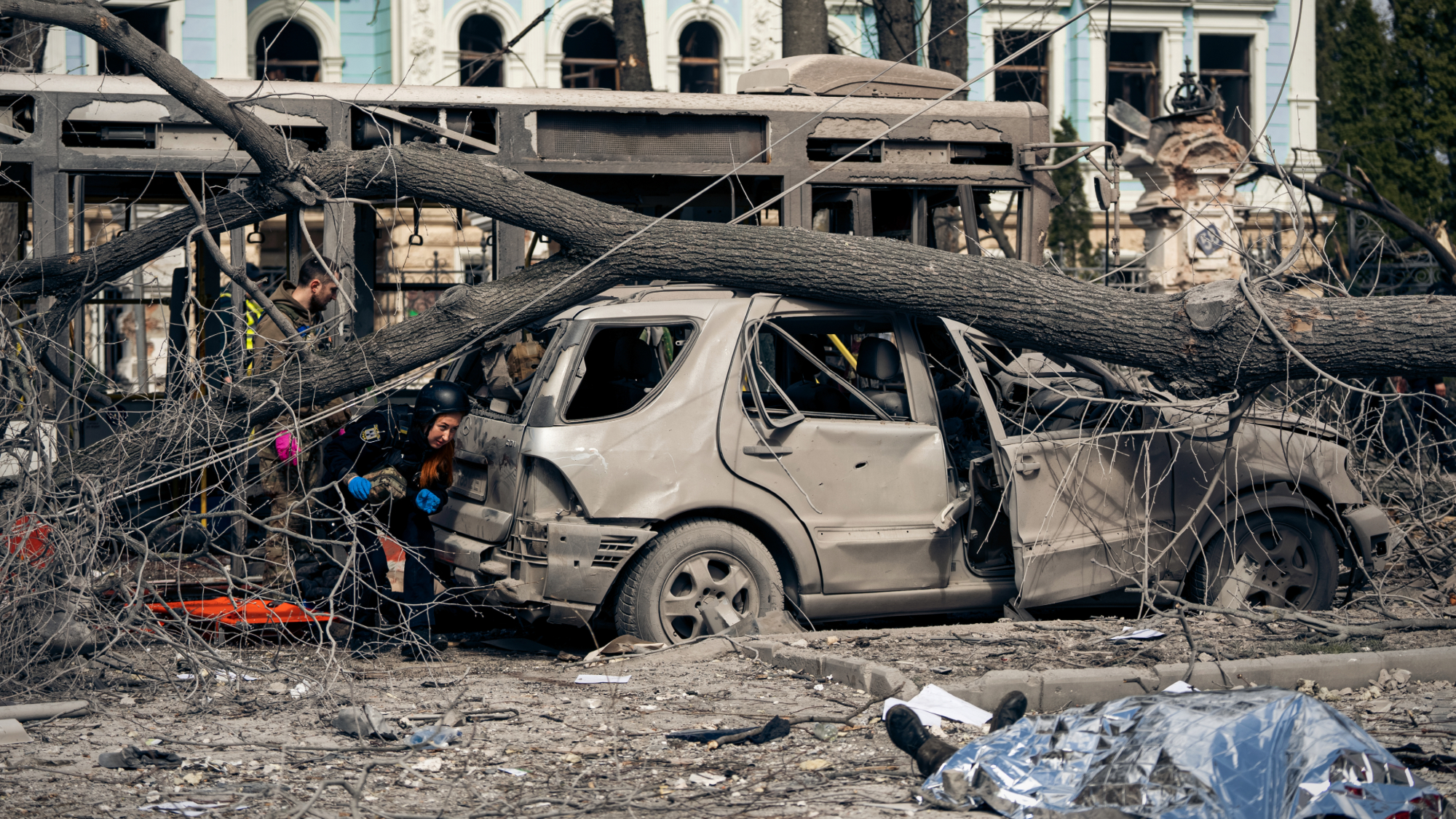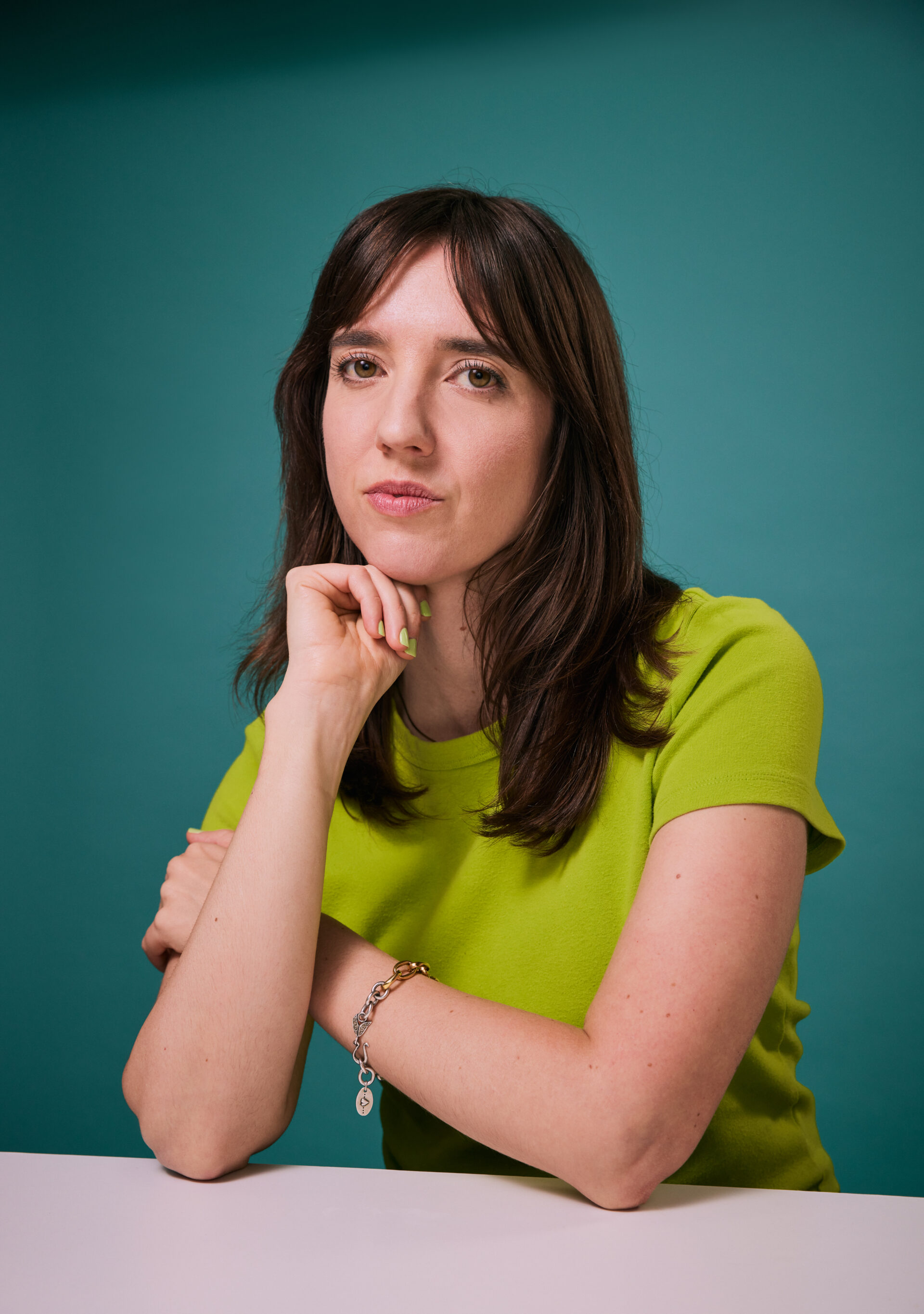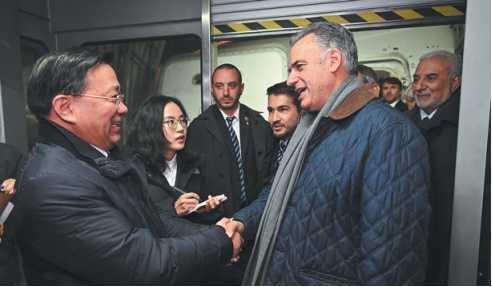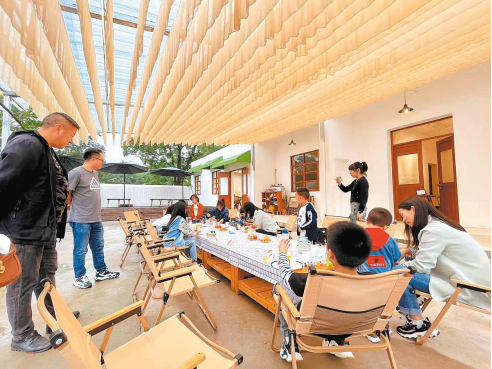Editor’s Note: The Paris terrorist attacks on Nov. 13 stunned the city and the world. As is often the case after traumatic events, schools have a unique and important responsibility in helping students understand and cope with tragedy.
Nicholas Hammond is the headmaster of The British School of Paris, an international school with more than 750 students from 52 countries. Hammond said the expressions of solidarity received from educators around the globe have given his teachers and him encouragement to deal with the difficult questions that children ask.
We held our weekly assembly as normal first thing on Monday morning. Students came into the hall and sat quietly. We talked about what had happened.
I’ve never given an assembly to a more attentive student body, even the ones who are usually away in their own thoughts seemed engaged and were listening. They were absolutely still and silent in our minute’s silence. This mattered to them. They applauded once the assembly finished; this is unusual.
 The attacks occurred not far from where we sat, about 15 miles. Some of our students had attended the football match Friday evening; some of our children live in central Paris.
The attacks occurred not far from where we sat, about 15 miles. Some of our students had attended the football match Friday evening; some of our children live in central Paris.
During Monday’s meeting, we followed the advice of in-service teacher trainings on trauma and also applied bereavement and counseling training.
Our tutors spoke about the importance of working together, supporting each other and ensuring that we remain a community bound by ideals of co-operation, reason and understanding. We talked about how it was perfectly natural to be a little bit scared and that it was normal to be concerned. We talked about the incident being serious rather than sad.
Students are now really starting to talk about things, and I suspect we will hear more and more from them as the week goes on. It is hard to believe that it is only Tuesday.
With students from Afghanistan to Zambia, we celebrated our diversity and the strength that it gives us. We have 52 different nations represented on campus, including students from the Middle East, India, Pakistan and East Asia. We have Afghans, Russians, Europeans, South and Central Americans and kids from North, East, West and South Africa. Australians, Canadians, New Zealanders as well. We are about 30 percent British and 10 percent French nationals.
We have students who subscribe to all major world religions and some without an active religious element in their life.
And then we carried on, not quite as normal, but as close as we could make it. The school was subdued, quieter. More serious, perhaps.
One thing I never expected was the flood of emails offering solidarity. They have come from schools all over the world. From Tokyo, Ankara, from the Netherlands, from the U.K., from Doha in the Middle East and also from international organizations, like the Council of British International Schools.
The simple fact that other teachers bothered to take a moment out of their packed schedule to send us an email and say that they were thinking of us, has made a difference. Such expressions of hope give us as educators the power to stand tall, to smile in front of our classes whatever we may personally feel and to deal with the difficult questions that children ask.
We know we are not alone. That really helps.
Popular News




Current News
Manufacturing

Collaboratively administrate empowered markets via plug-and-play networks. Dynamically procrastinate B2C users after installed base benefits. Dramatically visualize customer directed convergence without
Collaboratively administrate empowered markets via plug-and-play networks. Dynamically procrastinate B2C users after installed base benefits. Dramatically visualize customer directed convergence without revolutionary ROI.





About Us
Tech Photos









